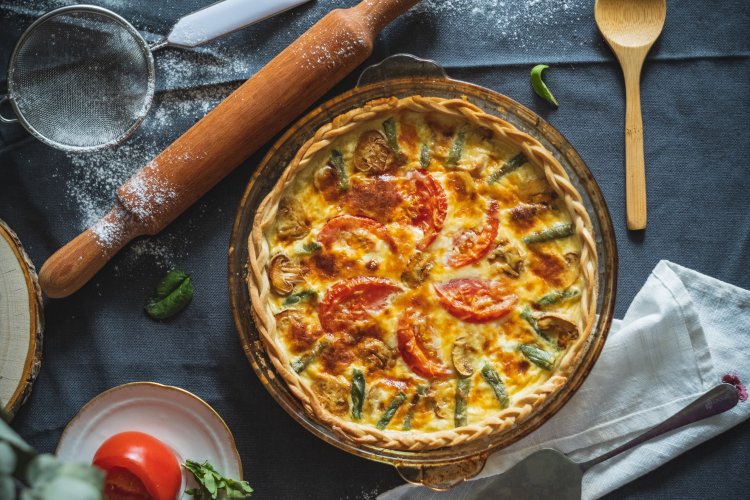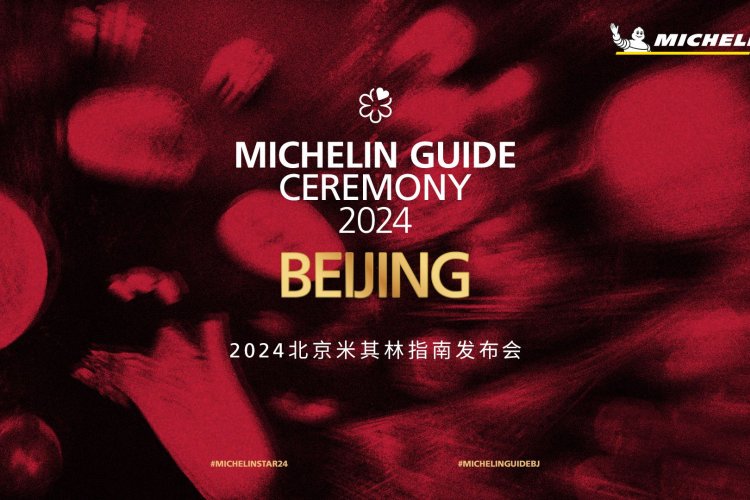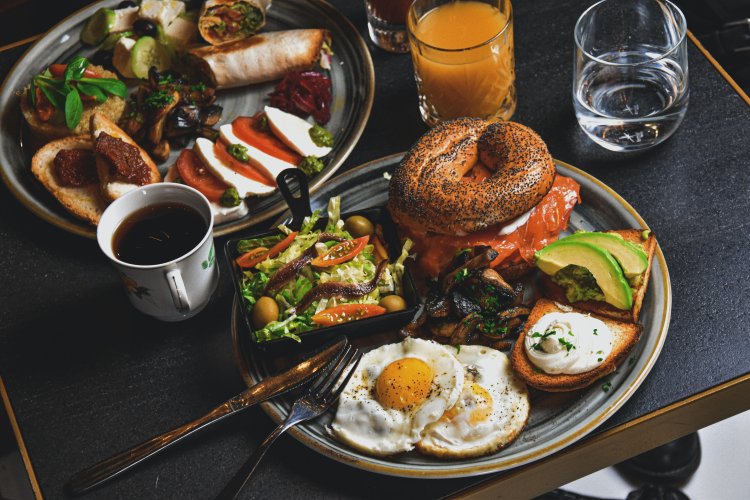Lusting for Lobster? What the Cut In Luxury Spending Could Mean for You
The crackdown on corruption and extravagance, which began in December, is taking a toll on China’s high-end seafood market. At one of the largest seafood wholesale markets in northern Beijing this week, store owners at the market say they have been disappointed by the sluggish levels of business for expensive aquatic products.
"Top restaurants have cut their demands for high-end products," reports one shop owner. Lobsters and abalone, which account for the majority of high-end seafood dishes in luxury restaurants and catering in China have been hit the hardest.
At Jingshen Seafood Market in southern Beijing, sales of imported dried seafood has dropped two-thirds with almost zero demand from high-end restaurants writes the China Securities Journal. In a market as depressing as this one, many high-end seafood traders have been forced to quit the business. High-end restaurants in Beijing, Shanghai and Chengdu have seen a revenue decline of at least 20 percent since this year’s Spring Festival and many top catering companies have already closed their branches or been forced to change their menus due to low revenues and demand for luxury seafood.
Although prices have dropped 30 percent (or RMB 60) compared to last year (currently market rate is RMB 80/kg), abalone are now difficult to sell. A lobster costs less than RMB 100 said Li Jianchao, a Beijing restaurateur, but still can be hard to find a market for.
However, despite the slowdown from the catering industry and high-end restaurants, many individual customers have been lured by the cheaper high-end seafood products. Could this mean cheaper seafood at restaurants in Beijing? Will you be shelling out less kuai for your lobster brunch? We'll leave the abalone alone because, unless you're impressing dinner guests with the big bucks at Chinese dinner banquets, who really enjoys eating that stuff anyways?
Photos: travelblog.org, chinadaily.com.cn






